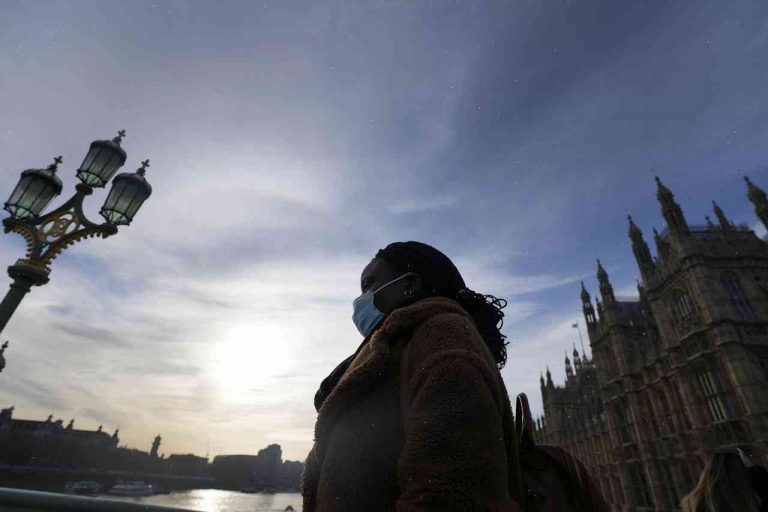The singer Lily Allen helped to kick off a new approach to selling live music by campaigning against higher ticket prices during the opener of the UK music industry’s new live event selling scheme.
Ten shows were opened by The Duchess, a comedy collective comprising performers including Allen, Vicky McClure and the duo T-Rex. The initiative was born out of a campaign to end variable ticket prices for festivals, which is set to be examined by the government, as LilyAllen said this week she and other performers backed calls for a “total ban” on so-called “rip-off artists” in the face of “controlling” music monopolies.
As part of the Nine Nights on Tour scheme, ticket prices for a few hundred gigs around the country from artists including Blur, Duran Duran, Oasis, Paul McCartney and the Chemical Brothers will not be flexible – though they do not have to be.
Allen, who with Olivia Newton-John has recorded a charity single to help raise funds for the families of the 18 victims of the Manchester terrorist attack, said: “We have lived and breathed this issue. Ever since the atrocities in Manchester we realised that we couldn’t allow the single most powerful influence we have on the culture we love to be in the hands of a few people: it needs to be out of it.”
The government, which unveiled a revised culture bill earlier this month, said it would publish its response to the recommendations of the Culture, Media and Sport select committee shortly. It will review how consumers and artists can be supported in creative industries and “from every possible avenue the demand is expressed for a total ban on ticketing variations and ticketing rip-offs”, a government spokesperson said.
Ticketmaster and StubHub, which are both partners in the scheme, maintain that their systems enable fans to decide the value of a ticket, and that they protect artists’ commercial interests by limiting so-called “exclusive” pre-sale rights to firms such as Ticketmaster that do not abuse them.
Dance music brands including Ministry of Sound and Fireball, which mean the same amount of money is eventually passed to the promoter and venue on sale, are licensed separately.
The Association of Independent Venue Managers, which represents mainly small, independent music venues, said the unlimited variable price system – which has been dubbed “supply side management” – was “not good for the promoter, artist or any consumer”.
Christopher Levitt, spokesman for the Association of Independent Venue Managers, said: “We’ve had a survey of more than 400 venues who said that gig prices vary too much, and none of them said they wanted this to go. We don’t believe it supports the gig promoters or artists and it distorts the market, as fans don’t know how much they’re going to pay.”
Sign up to the daily Business Today email or follow Guardian Business on Twitter at @BusinessDesk
Ticketmaster declined to comment for this article.
The Nine Nights on Tour scheme is a voluntary industry initiative, but has the backing of the likes of Live Nation, Coldplay, and the promoters of shows such as Michael Bublé and Top 40 albums including Adele.
As a way to make it easier for UK music fans to source tickets for events, the companies will also cut fees associated with face-value tickets. The association is meanwhile lobbying the government to amend its draft copyright bill, which aims to make it easier for third parties such as websites to charge fees for online music services, as well as to allow the royalty bodies SoundExchange and PRS for Music to take action against consumer price changes on albums and singles.
